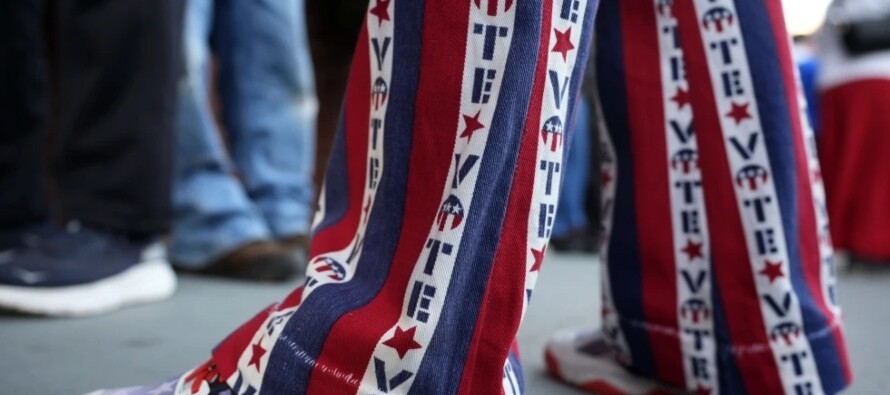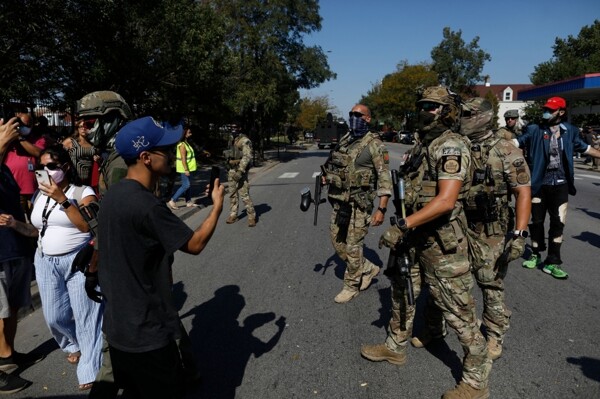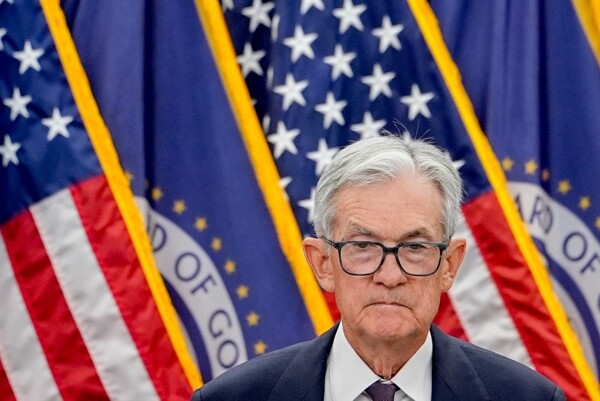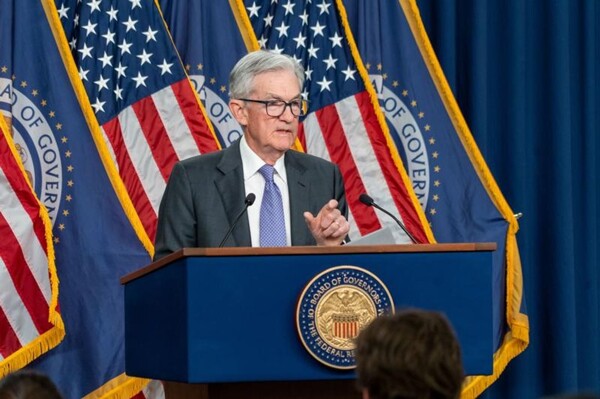
Iowa, a historically contested state in presidential elections, is preparing for the general elections on November 5, where the focus will be on the electoral contests. Key aspects to consider include the closing of polls at 9 PM Eastern Time and the six Electoral College votes at stake in the presidential contest.
In the elections, voters will decide on important races, such as the elections for the U.S. House of Representatives, which could impact control of the chamber, as well as state legislative elections that could give Republicans a veto-proof majority in Iowa. The Republican Party currently holds all of Iowa's congressional seats, the governorship, and the majority of state offices.
Regarding the presidential elections, Kamala Harris and Donald Trump will compete for the six Electoral College votes of the state. Both candidates have not visited Iowa since becoming their party's nominees, reflecting the importance of the contests in which Republican incumbents face Democratic challengers in a struggle for control of the House of Representatives.
Additionally, voters will consider state-level ballot measures, including an amendment that would require citizenship to vote and modify the gubernatorial succession line. Previous results in Iowa show a history of Republican victories, although the state has had narrow presidential vote margins in the past.
On election day, early results are expected to be reported early in the evening, with significant voter turnout already recorded ahead of election day in previous contests. With a registered voter population of over 2 million, Iowa is preparing for an election day that could define the political direction of the state in the coming years and will be closely monitored by the Associated Press to report any relevant developments.














